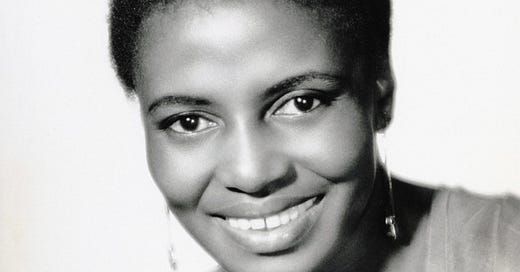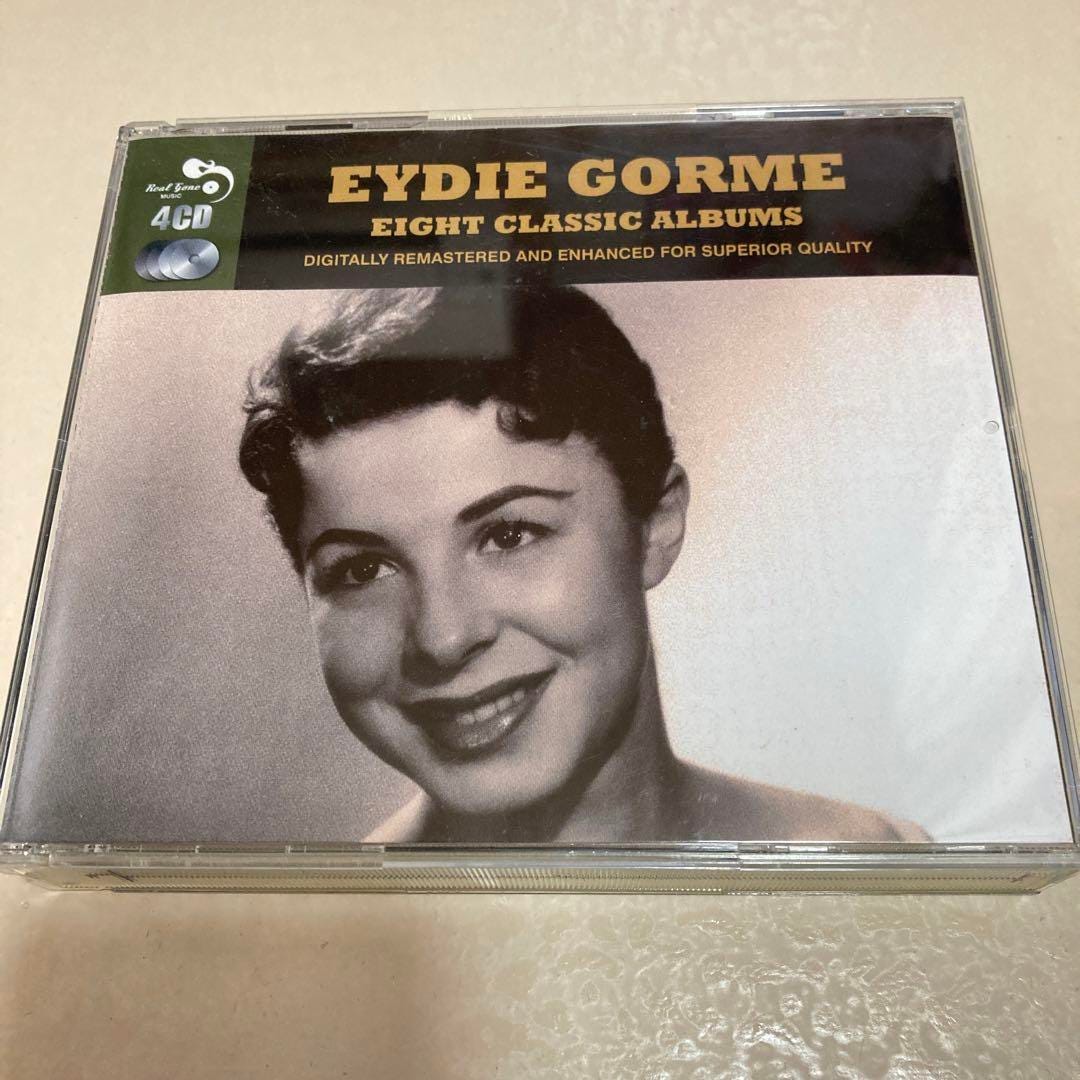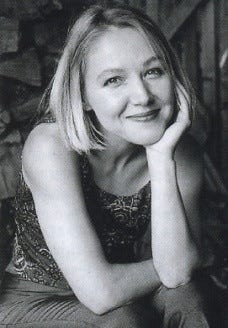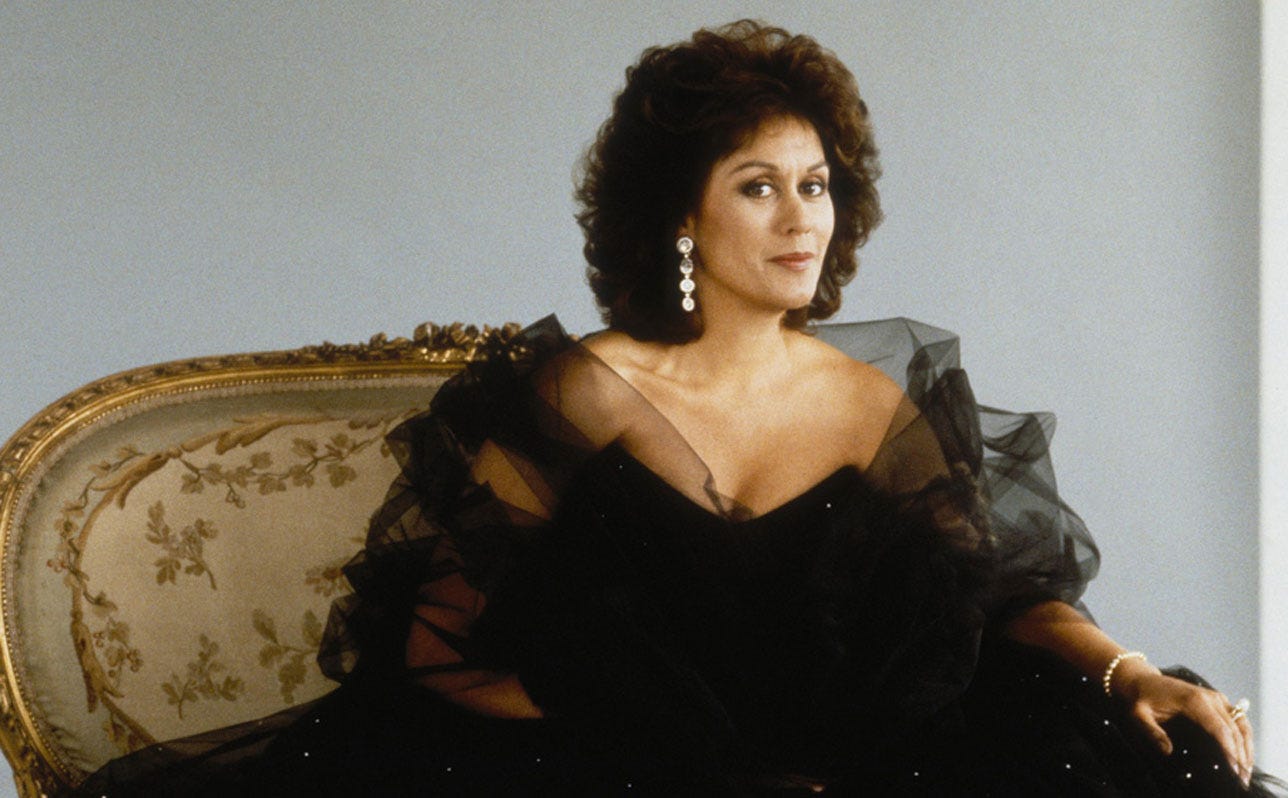One evening some years ago, we went to hear a local jazz group at the old Dakota at Bandana Square in St. Paul. The band featured excellent instrumentalists and singers.
The Square had an indoor court through which you walked in order to get from one place of business to another. As we approached the Dakota, hot jazz from inside poured through its wide-open door. Just outside the door, we ran into several grumpy singers sitting on a bench with their chins on their hands.
I asked, “What’s going on?”
One said, “Another long boring instrumental.”
As a piano student myself, I have a natural bias towards instrumentals, even long boring ones.
In my first piece in this series, I wrote that a song is neither solely words nor solely music but a synthesis of the two. A “song without words” is a contradiction in terms, that is, just another instrumental.
I left out one notable exception. What about a song with lyrics we don’t understand? That is, one sung in a foreign language, which for me is pretty much any language not English?
There is an upside to a song whose lyrics I don’t understand. The human voice presents as another musical instrument, in fact the original musical instrument. And since we may never know for sure when we invented spoken language, it is possible that at some point in our time as a species, the human voice sang without any words at all.
The voice is not only the first instrument, but the most expressive. We enjoy certain stringed instruments like the violin and cello because they work so much the way the human voice works. In the hands of skilled players, they do some of what the voice does. They give instrumentalists without good singing voices the power to sing anyway.
There are some singers who make a good sound and seem to think that’s the end of their obligation. But there is also another kind of singer, one who is not just another pretty voice, but a complete musician, who plays his or her voice the way Yo Yo Mah plays the cello.
These are the singers whose songs move me even when I don’t understand the lyrics.
Groucho is supposed to have said, “These are my principles. If you don’t like them, I’ve got others.”
To which I say, “This is my taste. I don’t have any other.”
Here are some songs with lyrics in languages foreign to me. I offer them as pure music, nothing boring about any of them.
Suliram
In the video, Miriam Makeba calls this song “Indonesian.” But Indonesia is a complicated country with many languages and therefore many names for this widely shared lullaby, like “Suliram” and “Soleram” and “Suriram.” The word itself seems to carry no special meaning, which works fine for me. I just follow the singer and her voice and the music she creates. Miriam Makeba, by the way, was from South Africa.
Sabor A Mí
Eydie Gormé was born Edith Gormezano in the Bronx. As a Sephardic Jew, she was a direct descendant of the Jews expelled from Spain in 1492. Through their centuries of exile, Sephardic Jews have kept their original Spanish language, which they call Ladino. Since Ladino was Eydie’s mother tongue, the transition to singing in modern Spanish came naturally. Here she is singing Sabor A Mi with the Mexican group, Los Tres Panchos:
Saginou
Zulya was born in Russia and became famous as a singer of Tatar songs, primarily in Melbourne, Australia (where else?). Once again, it is her voice which grabs and holds attention (unless of course, you understand a Tatar language).
'O Ia Uka / 'Ikena
Tia Carrera can act in English and sing in Hawaiian. Here she is in collaboration with Daniel Ho, in a track called 'O Ia Uka / 'Ikena.
Once again, one doesn’t need to understand the lyrics to follow the music.
O Mio Babbino Caro
If I’m going to write about music with lyrics I don’t get, I have to mention Italian opera. The title of this aria translates as “O My Dear Papa.” The gorgeous music is Puccini’s. As far as I can tell, we’re all better off not understanding the lyrics, which translate into something like one of those Sixties girl group hits. You know the ones I mean, where the hyper-hormonal teenage girl sticks up for her crappy boyfriend.
Of course, Kiri is a consummate musician, singing in a style deservedly still popular even after the invention of the microphone.
A Room With a View • O Mio Babbino Caro • Kiri Te Kanawa
Kol HaNeshama
Yehuda Glantz was born in Buenos Aires, Argentina, and now makes his home in Jerusalem, Israel, the eternal capital of the Jewish people. He is a musician, composer, singer, songwriter, and producer. Among other instruments, he plays charango, piano, accordion, siku, pinkillu, guitar, flute, cuatro and percussion.
Okay, I admit it; I do have an idea what these lyrics mean. I should. I present them here in the spirit of Passover, and for my Christian friends, their own upcoming Easter Holiday. The words come from the original Hebrew of Psalm 150, a song asking us to praise God with music:
“Praise Him with blasts of the horn;
praise Him with harp and lyre.Praise Him with timbrel and dance;
praise Him with lute and pipe.”
The chorus spells it out for all of us:
“Let every breathing soul praise God.”
Max Cossack is an author, attorney, composer, and software architect (he can code). He lives with his wife in Arizona in a house built on land John Wayne used to ranch.
His most recently released work of fiction is the Western story White Money, You can purchase it in eBook or paperback on Amazon, or obtain an autographed paperback from his store at https://vwambooks.com/products/white-money, where you can also receive the coveted 10% discount for all Max Cossack or Ammo Grrrll books. Just enter PQDISCOUNT at checkout (all CAPS, no spaces).











some of those songs need actual study not just casual listening. I didn't know that Eydie Gorme was Jewish. Every time I read Mr. Cossack to be formal I learn something and am moved.
Heh heh I don’t speak Hebrew but I do recognize an Argentine accent! What a fun song - thank you!